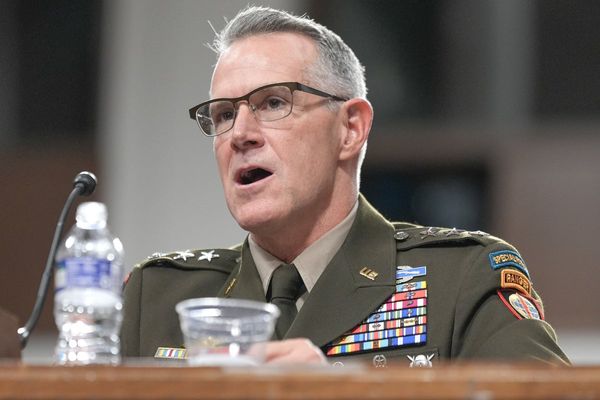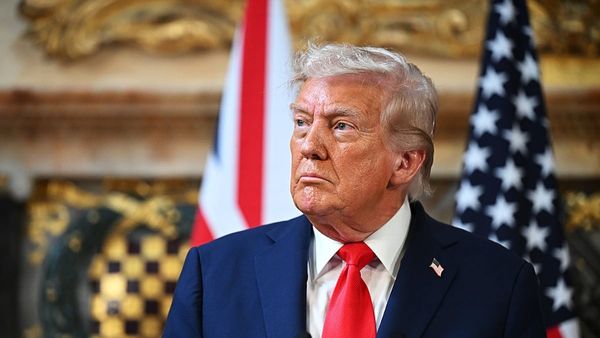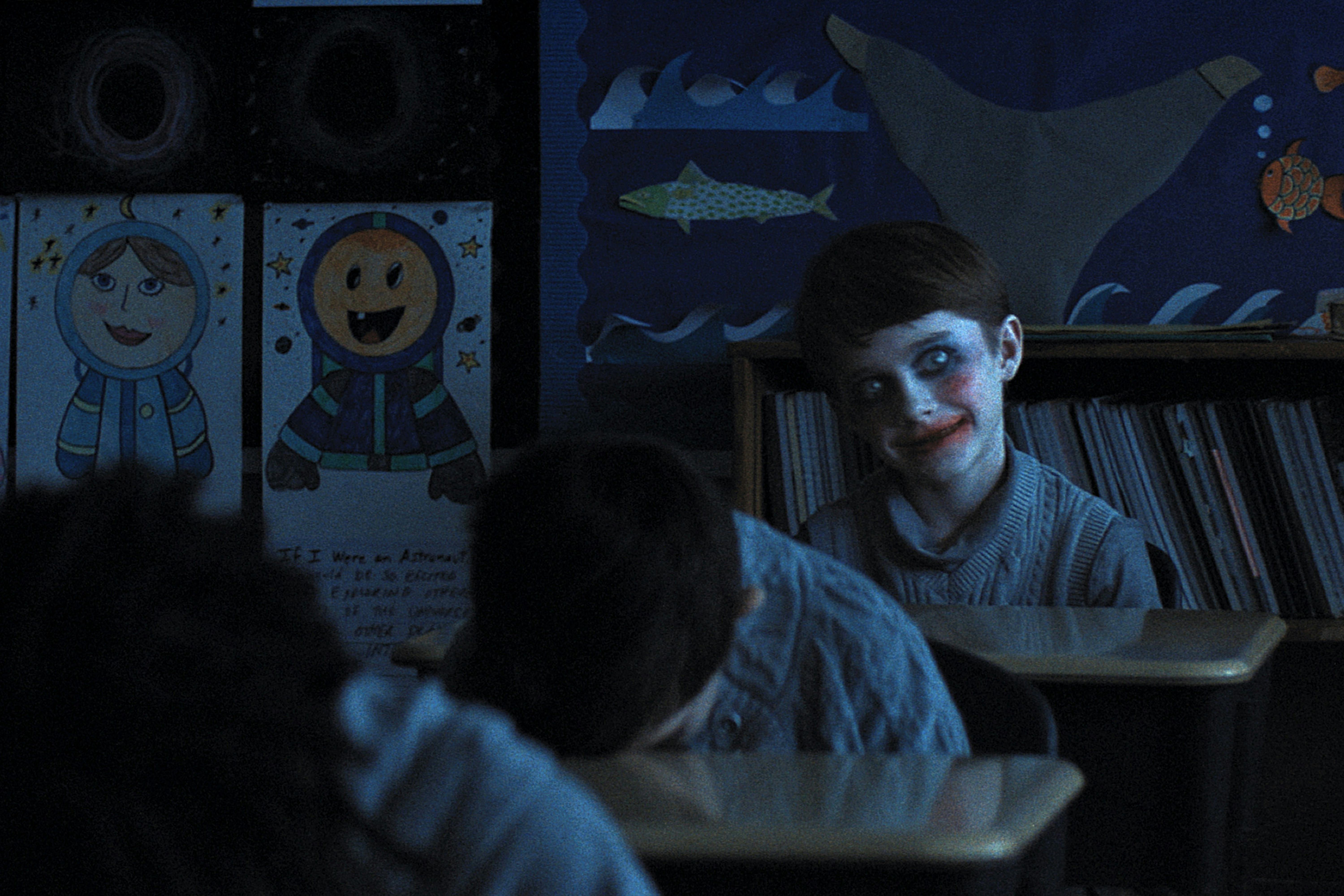
Not everyone remembers the first scary story they heard around a campfire, but the feeling that tale once brought is not so easy to shake. That same sensation is one of the things that makes Weapons such an unforgettable, and deeply scary, horror film. The terror continues to build even as the story reaches its resolution, leaving audiences with a lot to chew on.
Weapons follows the town of Maybrook as it works to uncover a chilling conspiracy. When all but one student in the class of Justine Gandy (Julia Garner) disappears one random night, most believe that Justine herself is the culprit. But as our story unfolds, there’s something much more sinister — and, in fact, supernatural — responsible for their disappearance.
Writer-director Zach Cregger does eventually reveal what’s plaguing Maybrook’s citizens, but his answers really only give us half of the story. The rest he leaves unspoken, haunting our thoughts even as the credits roll. In an interview with Inverse, Cregger and his cast explain the importance of that cliffhanger, and the ending we almost got instead.
Warning! Spoilers ahead for Weapons below.
Weapons Ending Explained
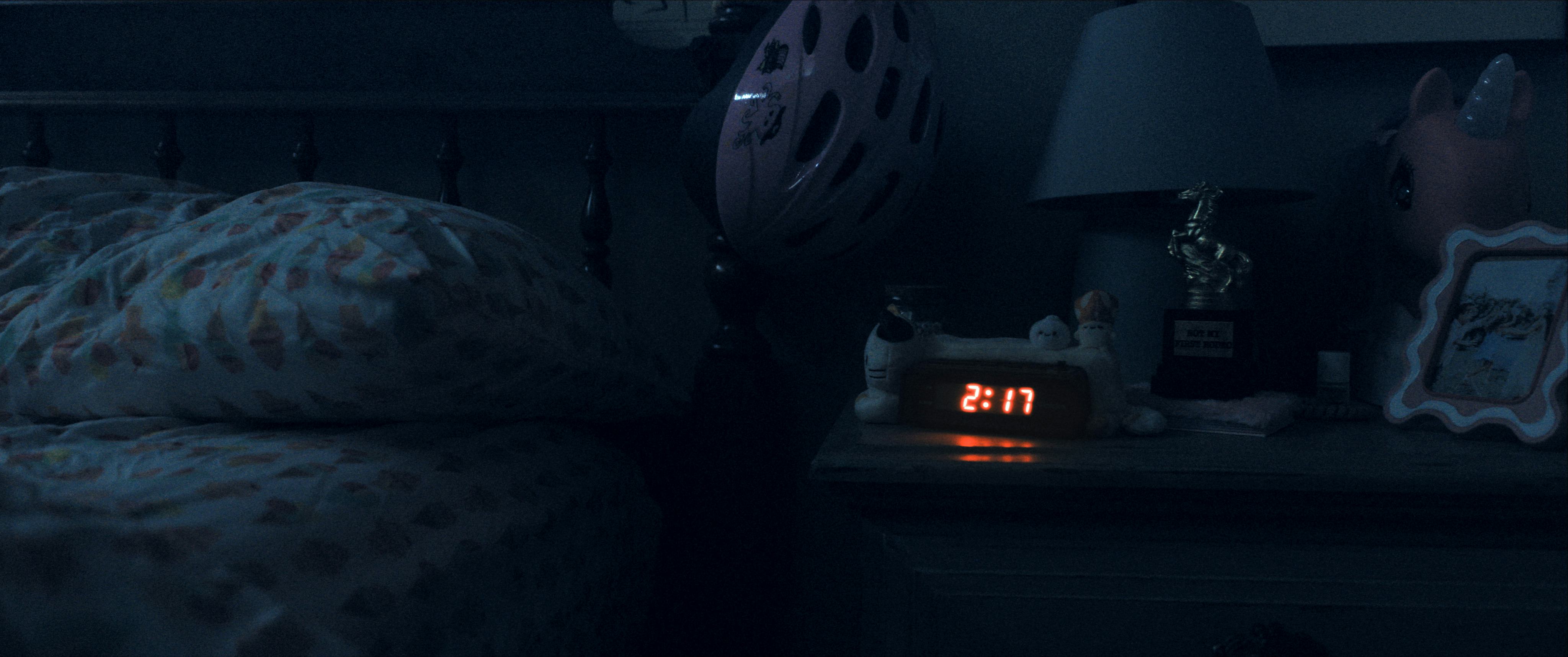
There’s a reason why Alex (Cary Christopher) is the only student who doesn’t run off into the night alongside his classmates. His estranged aunt Gladys (Amy Madigan), who recently came to live with his family, is actually a powerful witch. Despite the possessive power she holds over the residents of Maybrook, she’s also slowly dying. Weapons keeps her origins a terrifying mystery: we don’t know how old she truly is, or why she can’t cast a spell to heal herself or reclaim her youth. For some reason, holding Alex’s fellow students hostage is one of the things that could potentially keep her alive.
The first steps of Gladys’ plan go off without much of a hitch, and anyone who stands in the way of her plan — like the principal of Maybrook Elementary (Benedict Wong), a curious cop (Alden Ehrenreich), or a strung-out drifter (Austin Abrams) — becomes her weapon against intruders. But she eventually meets her match in Justine and Archer Graff (Josh Brolin). Crucially, though, Alex himself proves to be Gladys’ undoing, as he crafts a spell that will sic his classmates on his aunt. The kids defeat the witch by literally tearing her limb from limb, but this quasi-fairytale doesn’t end happily for everyone.
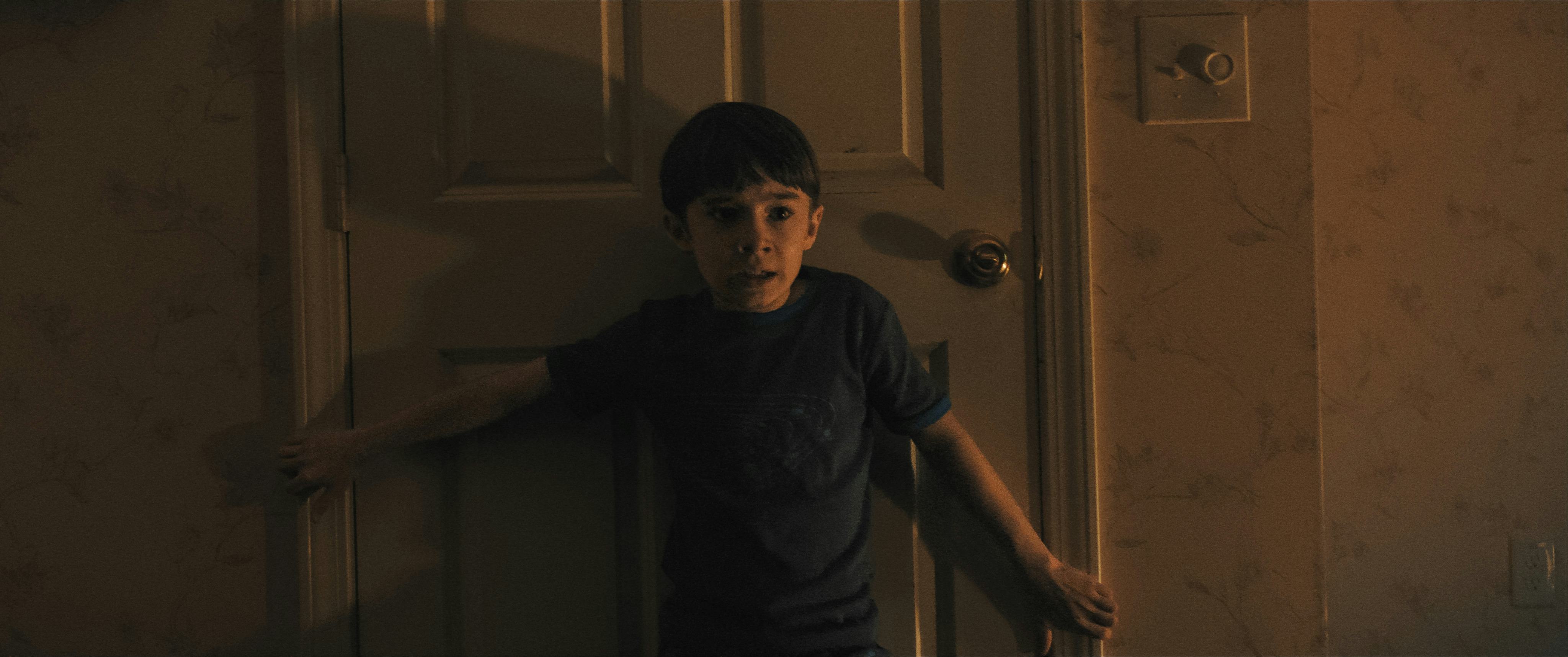
While Alex and his parents (who were also turned into Galdys’ weapons) survive, they’re never the same again. The same goes for the kids in his class, a fact we learn through the film’s ominous, matter-of-fact narrator. She tells us that Alex has since been sent to live with a new family, while his classmates have been forever changed by Gladys’ spell, with only some regaining the ability to speak.
It’s a haunting end to a story that most might expect to land on a more optimistic note — but it’s one of the many things that drew Brolin to the project.
“It’s an elusive ending, which I like,” Brolin tells Inverse. “Everything about this movie so far has made me lean toward it... It leaves you unsettled: you don’t know if there’s more to expect afterwards. You can start to project with that kind of thing.”
The Original Ending Was Even More Ambiguous
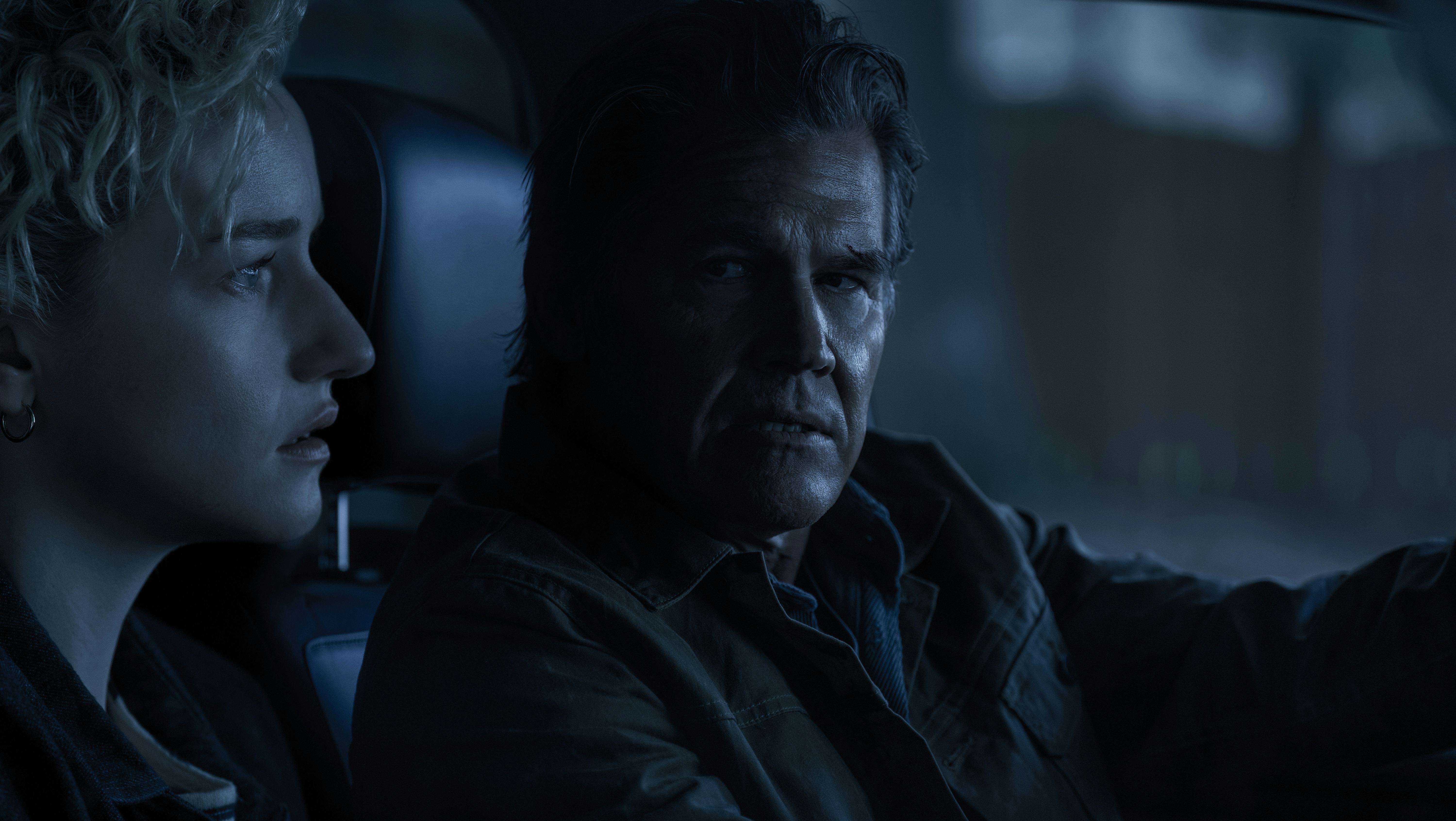
Things were even more elusive in the ending Cregger initially had planned, which left us staring into the vacant eyes of Archer’s son, Matthew, with no additional context from the narrator who opened the film.
“Originally that voiceover that comes in at the end wasn’t even in there,” Cregger explains. “I was not really into that idea. I wanted to just end it on [Matthew’s] look. But people were not stoked on that.”
The reaction from the audience at Weapons’ first test screening ultimately determined the film’s fate. “There was no voiceover, and we just ended on the kid’s face,” continues Cregger. “The lights went out and ‘Written and directed by Zach Cregger’ came up, and a woman in the theater goes, ‘What the f*ck?’”
That ending was nearly the film’s undoing, Cregger says. “People liked the movie, but they all were like, ‘That cannot be the ending.’” Adding the voiceover allowed the director to maintain some ambiguity while “giving people a little bit more closure... Hopefully you get enough where you don’t feel ripped off.”
On the contrary, the final narration only adds to the sinking feeling at the heart of Weapons. While our heroes manage to defeat the witch at their doorstep, no one fully recovers. No one truly triumphs. It speaks to the film’s message about control and connection, but it leaves us without answers or comfort. It’s also what makes Weapons one of the scariest films of the year: long after its supernatural threat is defeated, we’re left haunted by its effect on Maybrook.

